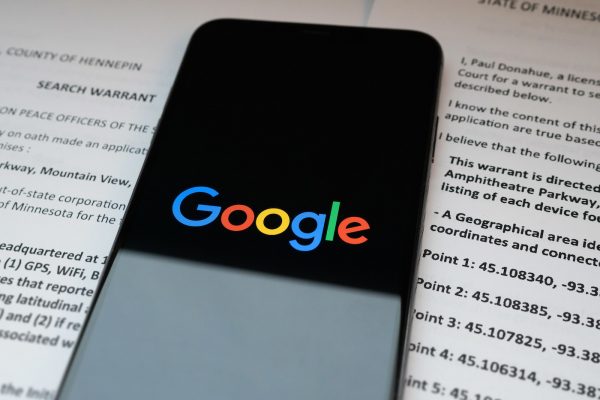Reed Hundt is absolutely right that, when it comes to technology and law, we need to revise the relationship between the government, corporations, and individuals.
This is vital for the future not only of American democracy but of democracy anywhere. And it is vital for American economic competitiveness, which relies on an innovative information and communication technology sector.
While Internet companies are essential to the U.S. economy, not all of their work is done domestically. Their future business success depends on overseas markets, but access to those markets depends in turn on the trust of non-American users and customers. This creates a challenge for legal reform. If the consequences of insufficiently accountable NSA surveillance only concerned Americans, then Hundt’s law-based solution—combined with commitments by companies and the U.S. government to support encryption and the right of Internet users to be anonymous—would probably do the trick. But U.S. companies have global “constituencies,” a term I prefer to “users” for reasons I explain in my 2012 book Consent of the Networked.
NSA surveillance—and surveillance by most other governments via corporate-run platforms and networks—affects people around the world who have no leverage over U.S. lawmakers. At the same time, other countries can place before U.S. companies obstacles that American laws are powerless to overturn. So while legal reform in the United States is necessary, we also need parallel processes across the democratic world. The Freedom Online Coalition, a group of twenty-two democracies, has begun to take positive steps in this regard, and the international human rights community is pushing for such reforms.
Google and Facebook have signed on to protect users' data; Twitter and Amazon have not.
Yet companies cannot afford to wait for legal changes aimed at fixing the trust deficit. It weighs both on their American constituents and especially and most urgently on those elsewhere: people whose rights are not protected by the U.S. Constitution. That is why, after hearing “reassurances” about processes to constrain NSA access to U.S. citizens’ data, Facebook founder Mark Zuckerberg quipped, “Oh, wonderful: that’s really helpful to companies trying to serve people around the world, and that’s really going to inspire confidence in American Internet companies.”
Many U.S. Internet companies also have lucrative cloud computing and networking contracts around the world—contracts that these companies warn have gotten harder to secure since Snowden made his revelations. It is no wonder that Microsoft General Counsel and Executive Vice President Brad Smith called the NSA an “advanced persistent threat” to his business.
It is therefore not surprising that U.S. Internet companies have not only been aggressive in their calls for NSA surveillance reform but are also taking matters into their own hands by encrypting the data they store and transmit. These companies know they must draw a clear line between themselves and the U.S. government if they are to maintain the trust of their global constituents. The interests of U.S. Internet companies and those of the executive branch and its agencies have never been more divergent.
Hundt argues that U.S. companies should more closely align themselves with individuals than with government. This, too, would be good for the bottom lines of U.S. companies whose international competitors are right now trying to capitalize on their rivals’ association with the NSA, even as they do little to respect the rights of individuals in their home countries.
Companies that are able to realign themselves in this way early on will reap the rewards. Preliminary research, such as the findings in a new report by Dalberg Global Development Advisors, a firm that consults with the World Bank and United Nations, shows a correlation between Internet openness and economic value.
In an effort to restore trust, a handful of Internet companies, including Google, Microsoft, Yahoo, and Facebook, have joined the Global Network Initiative. By doing so they pledged to protect and respect their constituents’ rights in the face of government demands and also agreed to a framework for verifying that they are making good on their word. But many other companies, such as Twitter, Amazon, GoDaddy, Cisco, and Apple, have failed to make the same commitment, even though it is in their long-term competitive interest to do so.
There is only one way for companies to ensure that they are contributing to a virtuous cycle instead of a vicious and unsustainable one, and that is to provide the transparency and protection that not only build trust but also make the Internet a worthwhile place to do business.







